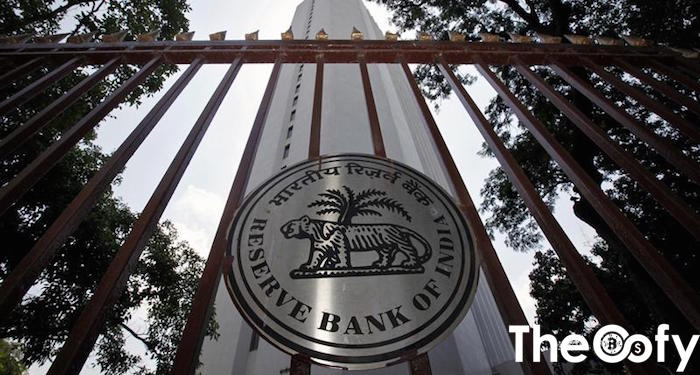The top executive of Reserve Bank said the main focus of their new fintech unit is not high frequency trading but rather to ensure there is a “cohesive view” on fintech.
Reserve Bank deputy governor Francois Groepe explained that in the medium to long-term we will have to look at things such as high-frequency trading but at the moment due to resource constraints and the need to prioritize they will have to shift their attention to other matters.
Groepe said the new fintech unit which has three full-time members was earlier established in the second half of 2017 to ensure there is a “cohesive view” on fintech.
He said the new fintech unit is mandated to keep abreast of innovation and assisting policy makers to draw up appropriate frameworks.
The Bank’s fintech head Arif Ismail and his team’s will reportedly target the review of the Bank’s stance on privately issued cryptocurrencies, and putting to bed Project Khokha — which involves experiments with distributed ledger technology (DLT).
Sources said Khokha is a collaboration between the Bank, six local banks and two foreign institutions. If successful, it could result in a complete overhaul of the way payments are processed.
The new fintech unit are busy at work this month since the parties will test how DLT — the backbone of cryptocurrencies like bitcoin — can be used for interbank
clearing and settlements.
The group will also reportedly process high-value payments using Quorum — the DLT platform linked to the popular ethereum cryptocurrency and American bank JPMorgan.
Latest financial date revealed that Quorum was used in a similar experiment by the monetary authority of Singapore, in Project Ubin. The group is confident that if everything comes into place DLT will reduce payment processing times, processing fees, and cut out the need for intermediaries.
But Ismael admitted that the security of the DLT system is among the key concerns that need to be investigated during the testing phase.
Ismael further revealed that the proof of concept will also entail stress tests. Moreover, Ismael said at the moment the bank is focusing entirely on local payments, even though some of its counterparts have progressed to testing cross-border transfers.




